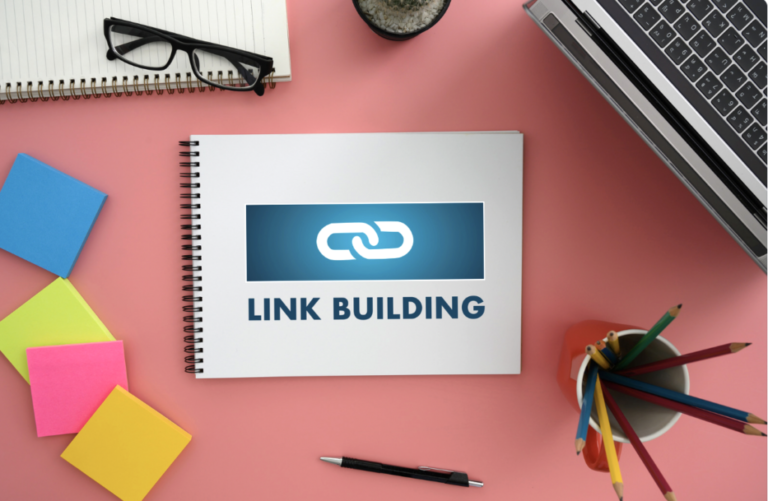How to Customize Ready-Made Apps to Fit Your Business Needs
In today’s fast-paced digital environment, businesses are continuously seeking efficient solutions to enter the market quickly and cost-effectively. Ready-made apps, often referred to as off-the-shelf applications, provide a viable option for startups and enterprises to launch their products without the time and expense associated with building an app from scratch. However, simply using a ready-made app may not always address the specific needs of a business. Customizing these applications allows companies to tailor them according to their operations, ensuring better alignment with brand identity, user experience, and functionality.
In this article, we’ll explore the process of customizing ready-made apps to fit your business needs, touching on key steps, challenges, and how companies like Cubes Infotech can support businesses with ready-made app solutions for sale.
Table of Contents
Toggle1. Understanding Ready-Made Apps and Their Benefits
Ready-made application are pre-built applications designed to cater to general market needs. These apps come with a wide range of features, are ready to deploy, and can be cost-effective solutions for businesses looking to save time on development.
Some benefits of ready-made apps include:
- Faster Time to Market: Pre-built apps allow businesses to launch their services quickly, without having to wait for months of development.
- Cost-Effective: Developing an app from scratch can be expensive. Ready-made apps come with pre-designed templates and features, significantly reducing costs.
- Proven Solutions: Ready-made apps are often tried and tested, reducing the likelihood of bugs or glitches.
However, despite these benefits, businesses often need to customize these apps to better align with their unique needs, customer preferences, or branding.
2. Identifying the Customization Needs
The first step to customizing a ready-made app is identifying which aspects of the app need to be modified. This involves assessing your business requirements and determining where the existing features fall short. Some common customization needs include:
- Branding and Design: Adjusting the look and feel of the app to match your brand’s colors, logo, fonts, and overall aesthetic.
- Feature Modification: Adding, removing, or tweaking features to match your operational needs.
- Integration with Other Systems: Ensuring the app integrates smoothly with existing systems such as CRMs, payment gateways, or marketing tools.
- User Experience (UX) Improvements: Enhancing the navigation, layout, or performance to improve customer satisfaction and usability.
- Localization: Customizing the app for different regions by incorporating multiple languages or region-specific functionalities.
3. Working with an App Development Partner
Customizing a ready-made app can be a complex process that requires technical expertise. This is where companies like Cubes Infotech come into play. As a leading development company in Surat, Cubes Infotech specializes in both custom-built and ready-made app solutions for sale.
When you partner with a development company, they can assess your customization needs and work with you to tailor the application. They can also ensure the app functions seamlessly after the changes are made, while adhering to industry standards for security and performance.
4. Customization Options for Ready-Made Apps
Here are some common customization options to consider for ready-made apps:
- UI/UX Customization: One of the most significant aspects of customization is user experience and interface design. By working with a development team, you can redesign the app interface to better reflect your brand and enhance usability.
- Feature Addition or Removal: Most ready-made apps come with pre-built features that may or may not suit your business model. Customization allows you to modify these features or even add new ones that are essential for your business operations.
- Backend Modifications: Depending on the complexity of your business needs, you may require changes to the backend of the app. This could include custom algorithms, enhanced security protocols, or changes to the way data is processed and stored.
- Third-Party Integrations: For most businesses, apps need to communicate with third-party tools, such as payment processors, customer relationship management (CRM) systems, and other external platforms. Customizing your ready-made app to integrate with these services can enhance its functionality and streamline business operations.
- Localization and Language Support: If your business operates in multiple regions, you may need to localize your app to cater to different languages and cultural nuances. This could involve adding multi-language support, currency converters, or other region-specific features.
5. Challenges in Customizing Ready-Made Apps
While customization provides a path to tailoring a ready made apps for sale for your business, there are a few challenges to keep in mind:
- Complexity and Compatibility: Customizing certain aspects of the app’s code may create compatibility issues, especially if the app is designed to function as a package. Developers must be cautious to ensure that changes do not break other parts of the app.
- Cost Implications: Although ready-made apps are generally more cost-effective than custom apps, significant customization can increase costs. It’s important to balance your customization needs with your budget.
- Security Considerations: Any changes to an app’s architecture may expose vulnerabilities if not handled properly. Partnering with an experienced development firm like Cubes Infotech can help ensure security best practices are followed during customization.
6. Testing and Quality Assurance
Once customization is complete, thorough testing is essential to ensure the app functions correctly and that new features are well-integrated. This includes:
- Functional Testing: To ensure that all features work as intended.
- Performance Testing: To check how the app performs under different conditions, such as high traffic or slow network speeds.
- Security Testing: To ensure that new customizations do not introduce any security vulnerabilities.
7. Ongoing Maintenance and Updates
After the app is customized and deployed, ongoing maintenance is necessary to ensure continued performance, security, and feature enhancements. A development partner like Cubes Infotech can provide regular updates and support to address any issues that arise post-launch.
8. Conclusion
Customizing a ready-made app is an excellent way for businesses to benefit from pre-built solutions while tailoring them to their unique requirements. Whether it’s altering the design, adding essential features, or integrating with existing systems, a customized ready-made app can provide both flexibility and functionality at a fraction of the cost of custom development.
With the right approach and development partner, such as Cubes Infotech, businesses can enjoy the benefits of fast deployment and cost savings, while still meeting their specific needs through tailored customization. Ready-made apps for sale provide a head start, but customization ensures that the app truly fits the business’s goals and delivers an optimal experience for its users.






